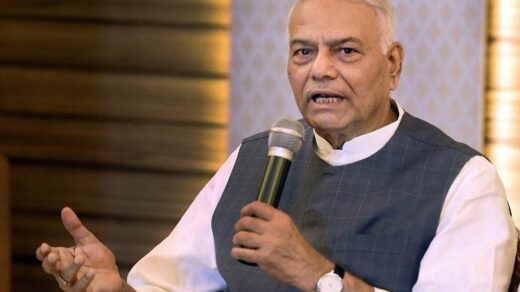New Delhi, Nov 14: Pandit Jawaharlal Nehru, the first Prime Minister of independent India, was born on November 14, 1889. November 14 is celebrated as Children’s Day or Bal Diwas across the country to commemorate the birth anniversary of Pandit Jawaharlal Nehru, who was affectionately addressed as Chacha Nehru by kids. Nehru, a central figure in Indian politics before and after the independence, had deepest desire to work for the welfare of children and the youth in the country.
If you go back to the pages of history, you will come to know that Pandit Jawaharlal Nehru was a passionate leader who had the vision to do remarkable things for children and youths. To nurture the future generation of India, Nehru took a special interest in the education system of the country. He not only ensured that every child in the country gets free primary education, but also established several higher educational institutions including All India Institute of Medical Sciences (AIIMS), Indian Institutes of Technology (IIT), and Indian Institutes of Management (IIM).
Under Pandit Jawaharlal Nehru’s regime, many schools were built across various villages, Tahseels and small towns. He understood the problem of malnutrition and hunger in the country and included free milk and a proper meal for every child programme in his 5-year plan. He made best possible efforts to bring positive changes that India needed to see in terms of the growth, nourishment and development of children and youths.
If you want to know why Pandit Jawaharlal Nehru’s birthday is celebrated as ‘Children’s Day’ in short, you should know he loved two things dearly – one; Red Roses and two; Children. Prior to Nehru’s death, India used to celebrate Children’s Day on November 20, the date observed as Universal Children’s Day by The United Nations.










